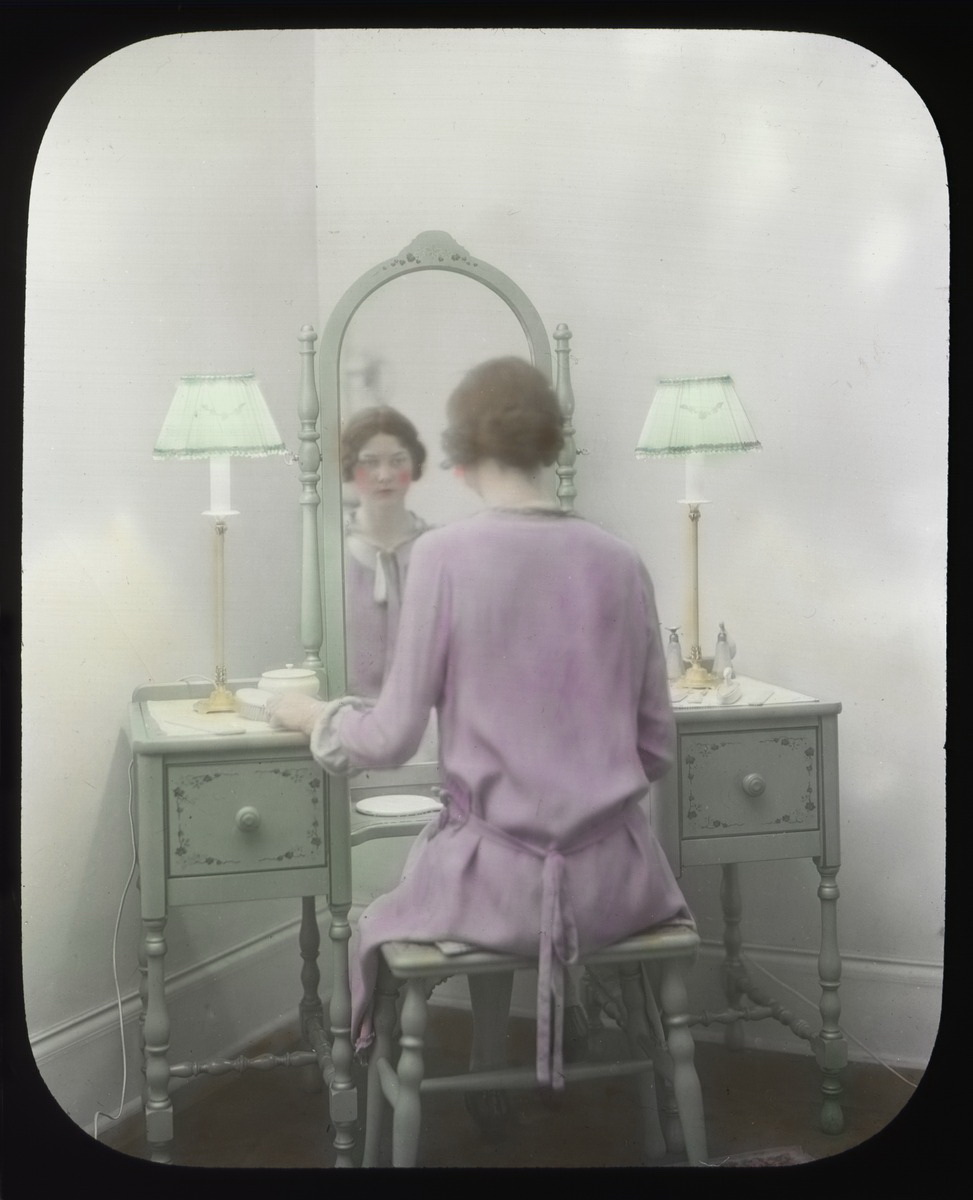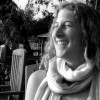
“Writing is a form of therapy; sometimes I wonder how all those, who do not write, compose, or paint can manage to escape the madness, the melancholia, the panic fear, which is inherent in a human condition”
~ Graham Greene
A while back, I wrote about how we can use drawing as a tool for self-discovery (no matter what our so-called artistic ability).
I’m a firm believer in recognizing what we might not want to see in our bid to be whole, to be this person we think we are: there are many versions of ourselves at play throughout our lives—even in a single day or moment.
We want to be whole or consistent, but we also want to be free. We need to gently disentangle ourselves from fixed, conditioned ideas about who we are if we want to be liberated from our minds and egos, which have every motivation to keep us rooted in old, false beliefs.
~
“My vagina’s holy grail, seriously.” Bid farewell to a weak pelvic floor with this award-winning, ingenious device + a free bag of craft Arabica coffee >>
~
The truth is that our egos are in the game of self-preservation, and the more we attempt unshackle ourselves and open up to our deep connection with life, the less our egos have a chance of making it through the journey.
Naturally, they don’t like this. And so we end up riddled with fear, and all those glorious, unknown dimensions waiting for us remain locked up and inaccessible.
It’s so interesting to wrap our heads around the notion that we have minds, thoughts and egos, as opposed to actually being these things. But how can we know this by thinking, or the vantage point of the mind?
More to the point: who is it that recognizes we have a mind, a thought, an ego?
This observer, as we can call it—the part of us that “watches our mind” during meditation, for example, is a fascinating and complex idea I’m going to revisit some other time.
Here, though, I want to pay tribute to the idea that we do not have to be attached to any one version of who we are. We are made up of many things, yet none of them, paradoxically, are “us” in the way we might traditionally think.
Yet it’s hard not to be proud of our finer moments (Aha – this is who I am!), and to not let what we perceive to be our negative qualities get us down (Ohhh—this is who I am).
One technique I’ve found so helpful in encouraging non-attachment to self-perceptions is to write letters to ourselves. The act of writing is intrinsically connected to both expression and reflection, and this particular exercise helps open up the spectrum of who we think we are, and who we can be.
Talking to your “best self,” for example, might help lessen the tendency to feel bound by more negative qualities, because you can easily envision this “other” as intimately connected to you and engaging with you in dialogue.
You can write to any aspect of yourself you feel you need to address or hear from right now. And you’ll find that what you write, and what you have to say will change just about every time you try this exercise.
Here’s what emerged from a recent exercise of entering into dialogue with myself. Maybe you can try it too, and let me know how it goes:
~
Dear Kinder, More Gentle Self,
I find myself wanting to live up to your expectations right off the bat. Even though you’ve told me repeatedly that this is nonsense.
I have not quite been able to accept this, no matter how diligently I try to sit and feel us both resting in Being here together. So I depend on your kindness now, because my mind is raging and I see no clear path in sight.
I wish I was so close to you that no one could tell us apart. Would you miss me and all the ways I’ve found to fumble, embarrass myself, fall?
(I know you don’t judge me for falling.)
I think you’d say that you don’t exist without my scattered attempts at life. And that you absolutely cannot exist if I don’t give myself the chance to stumble in the first place.
I hide too much, I know. Self-scrutiny to the point of inaction is a beast.
Yet I need you to know me, the things I fear define me so loudly in the world.
1: I get so tired.
Where you’re admired for your boundless energy, attentiveness and compassion, sometimes I need to wait days before I can find the energy to give people the attention they deserve.
(Forgive yourself, you’re saying. What’s wrong with being tired? Taking care of yourself makes you that much more ready to be there for others.)
2: I have no patience.
My mind can get so full, so fast, that I can’t finish what I’m doing before the next thing explodes onto me. I even get angry at my current activity for keeping me from my burning need to move on. Usually to creating. Mostly in the form of words, but also in images—there are so many things dying to spill out of me.
(Patience can be overrated in the right context, you’re saying. We should never be patient about the things we know are in our power to change, to help others. Find a healthy outlet for your impatience. Change the world.)
3: I’m so lazy. And I feel so guilty about it.
You have a species of productivity that isn’t zealous, but tempered, and you also have the stamina to complete tasks, self-imposed or otherwise.
I, on the other hand, can spend hours watching re-runs of shows I’ve already seen, and lately I’ve been reading books I never would have touched in the past, instead of the heavier stuff I’m usually into. Then I argue with myself and either rationalize or try to destroy my instincts.
I can’t help feeling guilty every time I’m not bettering myself, learning, growing, discovering, getting to the bottom of it all.
(What does it mean to ‘better yourself?’ you ask. Who decides what’s better and what’s worse? I know. But still).
4: I’m afraid I’ll never grow up.
I see a plane and I want to be on it. I glance at a photo of must-see places to visit before I die, and I can’t handle that I’m not in all of them at once, right now.
It’s not that I want to run away from so-called responsibility, but sometimes my desire to roam the earth, ideally barefoot, playing with trees, hanging over mountainsides facing whole expanses of universe, and having tea with strangers threatens to overtake me.
(Don’t grow up, you say. Not in the way you think. Accept who you are, and find a way to play. Live in happiness with yourself, wherever you are. Whatever you do, don’t grow up.)
~
You tell me to play because life without play is a much lesser life.
Maybe the playground is where we can meet from time to time, and compare notes.
I want to learn that I can live alongside you without being you, that you are also reaching for so many things. And I hear you whispering in my ear that you do not exist without me.
So let’s live for each other, okay? And if we don’t end up revolutionizing the world, maybe we can work toward making even one person happy. What an achievement that would be.
Love, Your Learning-to-be-Imperfect Self.
Love elephant and want to go steady?
Sign up for our (curated) daily and weekly newsletters!
Editor: Catherine Monkman











Read 0 comments and reply